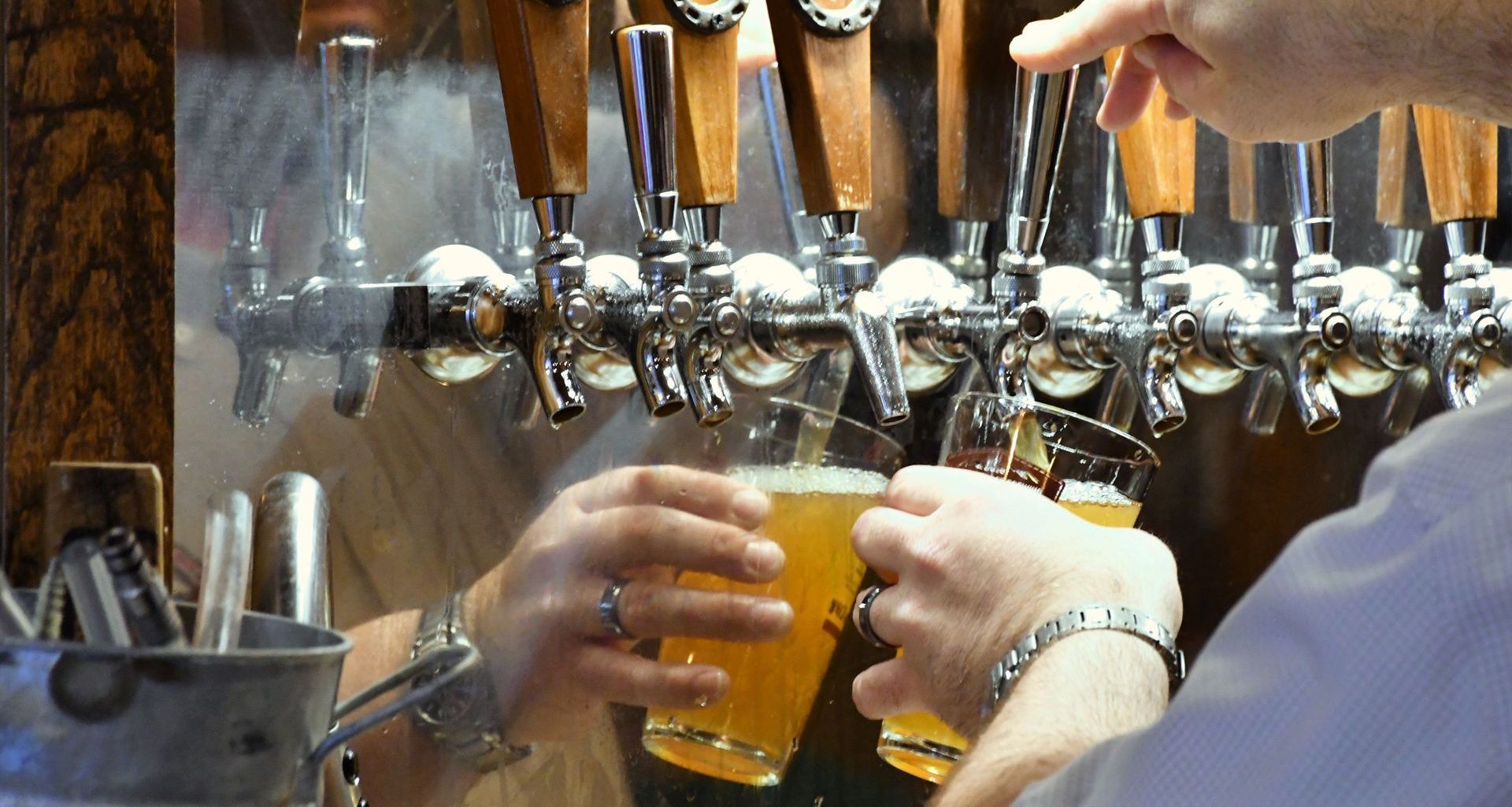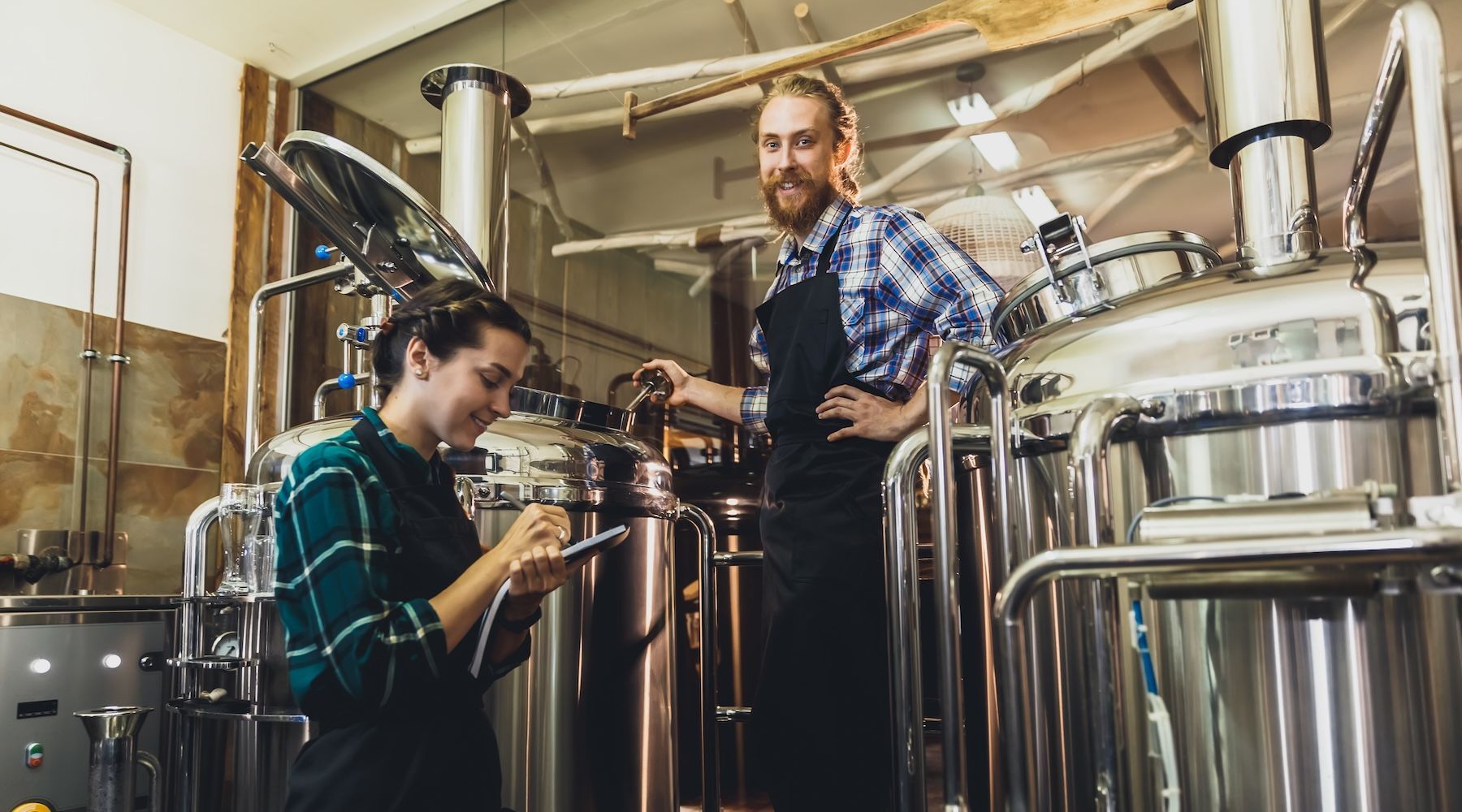Running a successful brewery requires careful planning, creativity and organization. Each area of your operation – like your financial records, inventory and sales – require consistent tracking to produce accurate data about your business. If you're considering selling your brewery, refining these key areas can help maximize your business's value and ensure a smooth acquisition process. A brewery-specific enterprise resource planning (ERP) system can help you streamline processes pre-acquisition to better position you for a successful and profitable deal.

Evaluating the State of Your Brewery Pre-Acquisition
Selling a brewery can be a complex and challenging process that requires careful planning and preparation, and before deciding to sell it's important to take a step back and evaluate your brewery’s financial records. You want to demonstrate to potential buyers that your brewery is a solid investment, and to do so, all your financial records should be accurate and up to date. Inaccurate financial statements can reduce the perceived value of the business and may even prevent potential buyers from making an offer.
Why it’s important to have financial records in order
For any brewery or alcoholic beverage producer, having a comprehensive view of your finances is not something to take lightly. Potential buyers will want to see detailed financial statements that accurately reflect the financial health of your business. If your financial records are a mess, you risk losing potential buyers or, worse, being forced to sell your brewery at a lower price than you would like.
Accurate financial records also help you understand the true value of your brewery. If your financials are incomplete, inaccurate or difficult to interpret, it can be challenging to determine what your business is actually worth. This lack of clarity can lead to disagreements with potential buyers over the value of your brewery, making it harder to reach a fair price.
Detailed financial information also helps build trust with potential buyers. Disorganized records can create the impression that your brewery is poorly managed, which can erode buyer confidence. On the other hand, having organized and accurate records can help demonstrate that your brewery is a well-run business with responsible management.
Pre-acquisition financial preparation can increase brewery value
Preparing your finances for acquisition is not only important for a smooth transaction process, but it can also increase the value of your brewery. A potential buyer will want to perform due diligence on your brewery, which can be a lengthy and complex process. If your financial records are disorganized or incomplete, this can further delay the acquisition process, which can be frustrating for both you and the buyer. Providing a clear picture of the brewery's financial health can help buyers make an informed decision about the value of your brewery and the potential return on their investment.
Organized finances will increase a potential buyer’s confidence and make them more likely to offer a higher purchase price. They will want to see financial documents such as tax returns, sales reports and cash flow statements. Providing these documents in an organized and timely manner can demonstrate your transparency and commitment to a smooth acquisition process.
Additional challenges for breweries to consider pre-acquisition
Beyond financial record-keeping, breweries need to pay attention to their inventory management processes. Potential buyers will want to know that your operation has a solid understanding of inventory levels and that you have processes in place to manage their stock efficiently. Any inconsistencies or inefficiencies in inventory management can lead to reduced business value.
Another challenge that breweries may face during the acquisition process is employee turnover. It's important to show that you have a strong team in place and that you will be able to retain key employees after the acquisition. High levels of turnover can be a red flag for potential buyers and can decrease the perceived value of the business.
Breweries also need to consider the potential impact of the acquisition on their community and customer base. Selling a brewery can be an emotional process, and it's critical for owners to take Into consideration how the sale will affect their employees, customers and the local community.

How a Brewery-Specific ERP System Can Help Owners Prepare for Acquisition
A brewery-specific ERP system can be a valuable tool to prepare you for a successful acquisition. ERPs are comprehensive software solutions that can streamline and automate many of the key processes involved in running a brewery, including (but definitely not limited to) financial management, inventory management and sales management. By leveraging the power of a brewery-specific ERP system, you can ensure that your business is in the best possible position for a smooth transition.
Improved financial record keeping
ERPs can be incredibly valuable to breweries when it comes to record keeping. A robust ERP system can automate many of the financial processes involved in running a brewery, from tracking sales and expenses, managing inventory and manufacturing, to generating invoices and running payroll. Automation can help reduce the risk of human error and ensure that all financial records are accurate and up to date.
ERP software can also provide real-time access to financial data, giving you a clear understanding of the brewery's financial health at all times. This can help you identify potential issues before they become problems and take proactive steps to address them.
When it comes to preparing your brewery for an acquisition, having accurate and up-to-date financial records is essential. By leveraging the power of an ERP system, you can ensure that your brewery is in the best possible financial position for a successful acquisition.
Streamlined inventory management
Consolidated inventory management is another key benefit of a brewery-specific ERP system when preparing for an acquisition. An ERP solution can automate the tracking of raw materials, finished products and packaging materials, reducing the likelihood of stockouts and helping avoid overstocking.
By using an ERP system, you can monitor your inventory levels in real time, allowing you to optimize your production schedules, control costs and reduce waste. An ERP can also help you track inventory movements, trace ingredients and ensure regulatory compliance. This level of detail and accuracy is essential to ensuring that potential buyers see the value in your brewery, as it provides a clear picture of the efficiency and effectiveness of your operations.
For example, a brewery-specific ERP system can help you determine which products are selling well and which are not, enabling you to make better-informed decisions about what to produce and when to produce it. This insight into your inventory and production process can also help you identify potential cost savings and revenue opportunities to increase the overall value of your brewery when considering selling it.
Efficient sales management
Organized sales processes are crucial for any business looking to maximize revenue and increase profitability. When preparing for an acquisition, you'll need to ensure that your sales management process is both effective and efficient.
With an ERP system, breweries can have complete visibility over their sales pipeline, enabling them to identify bottlenecks and inefficiencies. By having a clear overview of sales data, breweries can better analyze customer behavior, understand trends and optimize their sales strategies.
One way a brewery-specific ERP can help with efficient sales management is by automating the end-to-end sales process. The ERP system can automate tasks such as invoicing, order processing and fulfillment, freeing up employees' time to focus on more valuable tasks, such as building relationships with customers and growing sales.
Other improvements to sales management includes sales analytics, which offer insights into sales performance or trends, or analyzing sales by customer, product or region. These insights can help breweries make more informed decisions about their sales strategies, which can ultimately increase revenue and enterprise value.
Alongside automating tasks and providing sales analytics, an ERP system can also help breweries manage their sales channels more effectively. A brewery can use the ERP system to manage sales across multiple channels, such as online sales, in-person sales and sales to distributors. By having a single, integrated system to manage all sales channels, breweries can ensure consistency and accuracy in their sales data, which is of critical importance when preparing a business for acquisition.
Key Takeaways
One of the most obvious things to consider when preparing your brewery for an acquisition is orderly financial reporting. Without a clear understanding of your financial position, you risk undervaluing your business or failing to identify potential issues that could harm a potential acquisition.
ERP solutions like Crafted ERP is critical to achieving goals like clean financial reporting, streamlined sales processes and automated tracking of manufacturing and inventory. A brewery-specific ERP can help you create a more organized and efficient brewery operation that is better positioned for a successful acquisition and can more easily demonstrate value to potential buyers.
“Crafted ERP specifically allowed us to get IPO and/or acquisition-ready in the sense that it allowed us to get all of our information into one complete solution. That solution was intentional so that anyone who came in to acquire us or an IPO could come in an realize that we have the right controls in place to be a successful organization.”
– John Valdes, VP Planning & Operations, Samson & Surrey
Selling a brewery is complex, but with careful planning, detailed reporting and preparation, you can maximize the value of your business. By investing in a brewery-specific ERP system, you can take proactive steps to ensure a successful acquisition that benefits both you and your potential buyer.
Watch Samson & Surrey's story about how Crafted ERP helped streamline production across their high-end craft distillery portfolio and united brand financials and workflows to make the company as organized as possible for acquisition.










GET IN TOUCH
1512 Larimer Street, Suite #150
Denver, CO 80202
United States
(720) 699-0200
66 Goulburn Street
Sydney, NSW, 2000
Australia
+61 2 9044 1330

